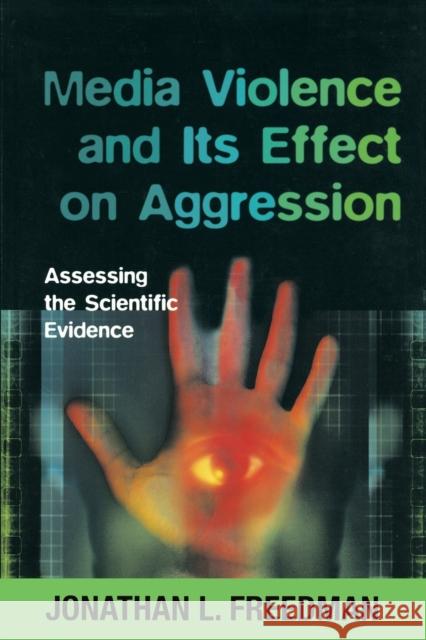Media Violence and Its Effect on Aggression » książka
Media Violence and Its Effect on Aggression
ISBN-13: 9780802084255 / Angielski / Miękka / 2002 / 240 str.
The scientific evidence does not support the notion that TV and film violence cause aggression in children or in anyone else. So argues Jonathan Freedman, based on his findings that far fewer than half of the scientific studies have found a causal connection between exposure to media violence and aggression or crime. In fact, Freedman believes that, taken to a more controversial extreme, the research could be interpreted as showing that there is no causal effect of media violence at all.Media Violence and its Effect on Aggression offers a provocative challenge to the accepted norms in media studies and psychology. Freedman begins with a comprehensive review of all the research on the effect of violent movies and television on aggression and crime. Having shown the lack of scientific support for the prevailing belief that media violence is connected to violent behaviour, he then explains why something that seems so intuitive and even obvious might be incorrect and goes on to provide plausible reasons why media violence might not have bad effects on children. He contrasts the supposed effects of TV violence on crime with the known effects of poverty and other social factors, and discusses the difference between television advertising, which, he argues, does have an effect, and violent programs, which do not. Freedman concludes by noting that in recent years television and films have been as violent as ever and violent video games have become more and more popular, yet during this period there has been a dramatic decrease in violent crime. He argues that this makes it highly implausible that media violence causes aggression or crime.











